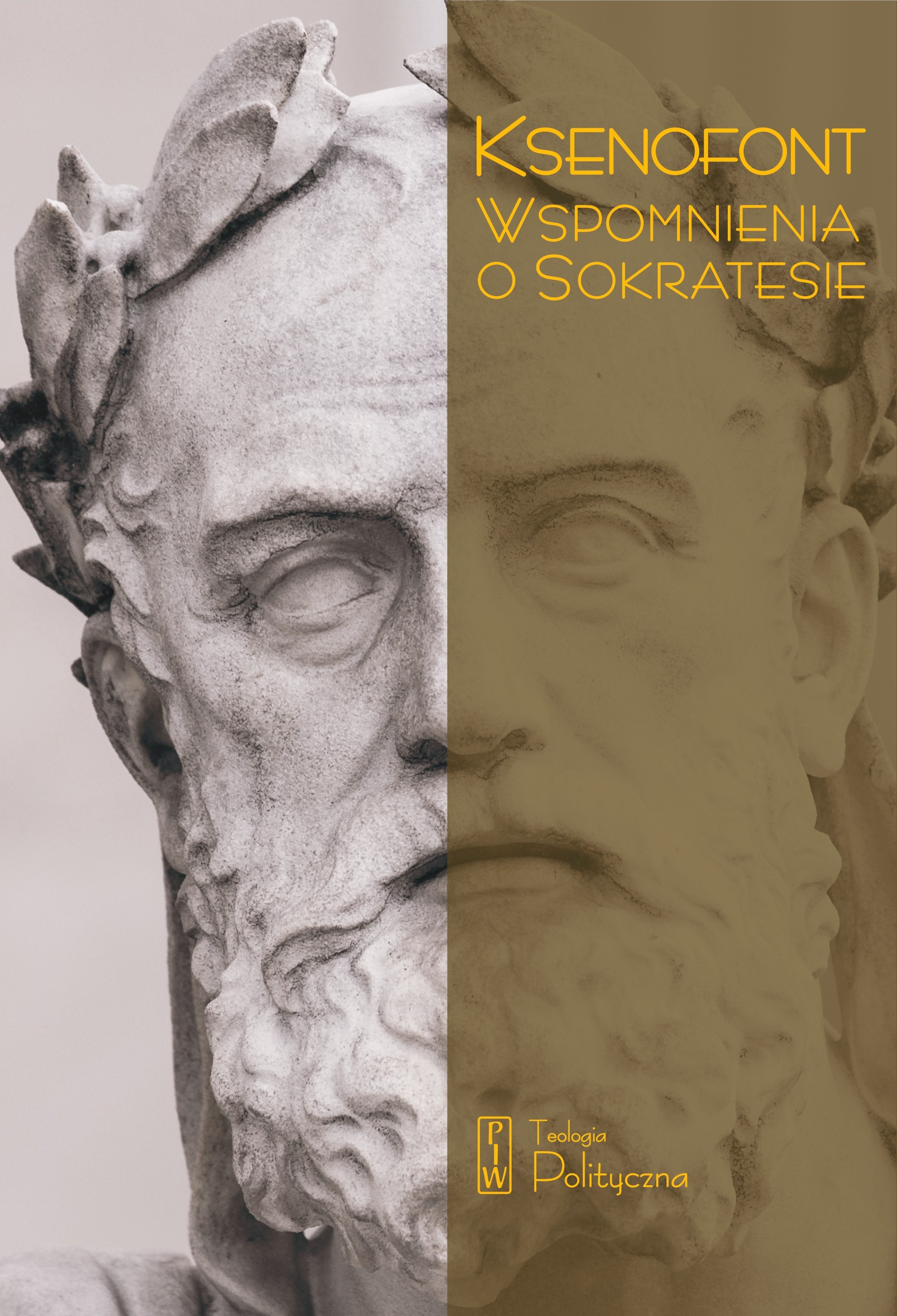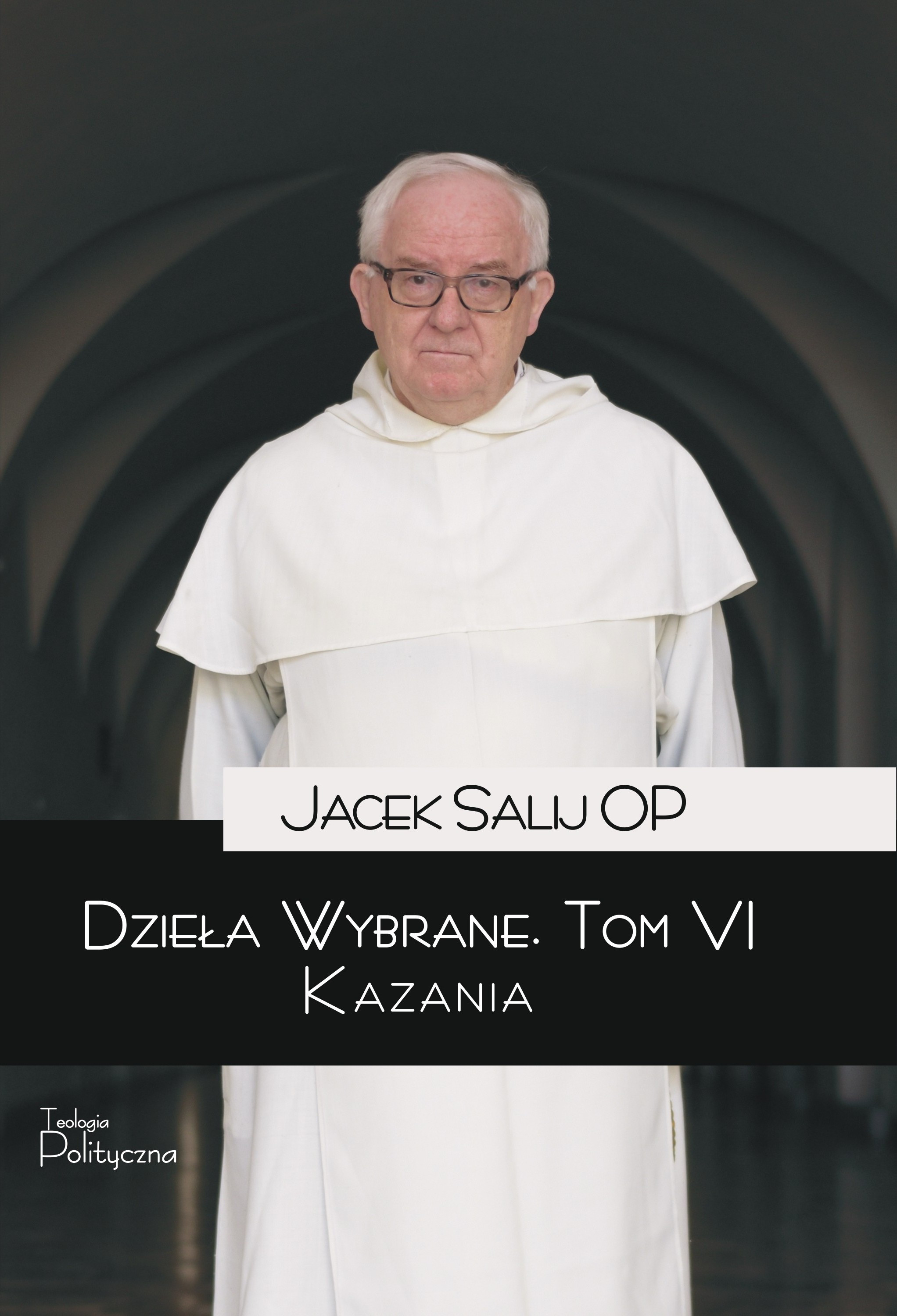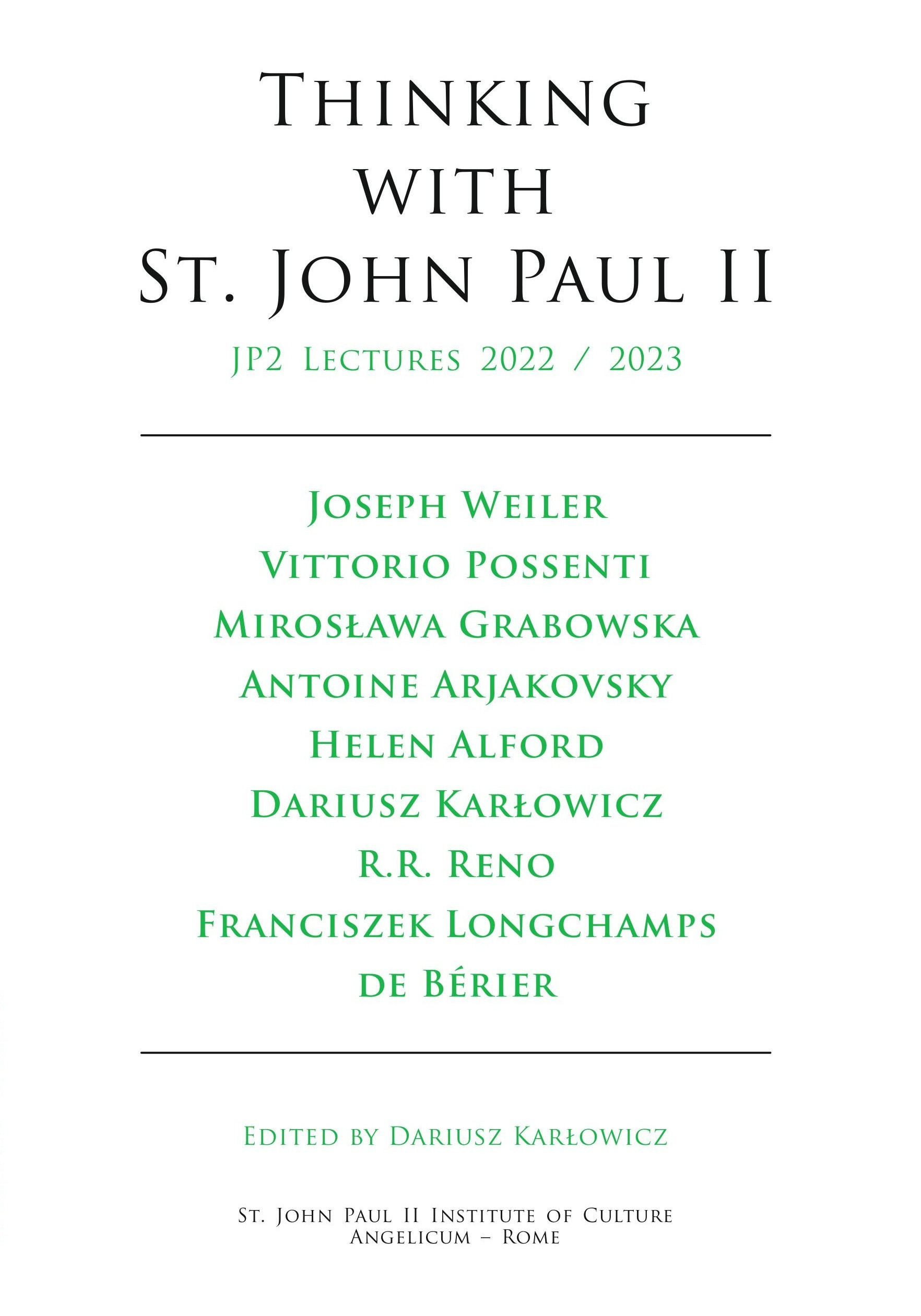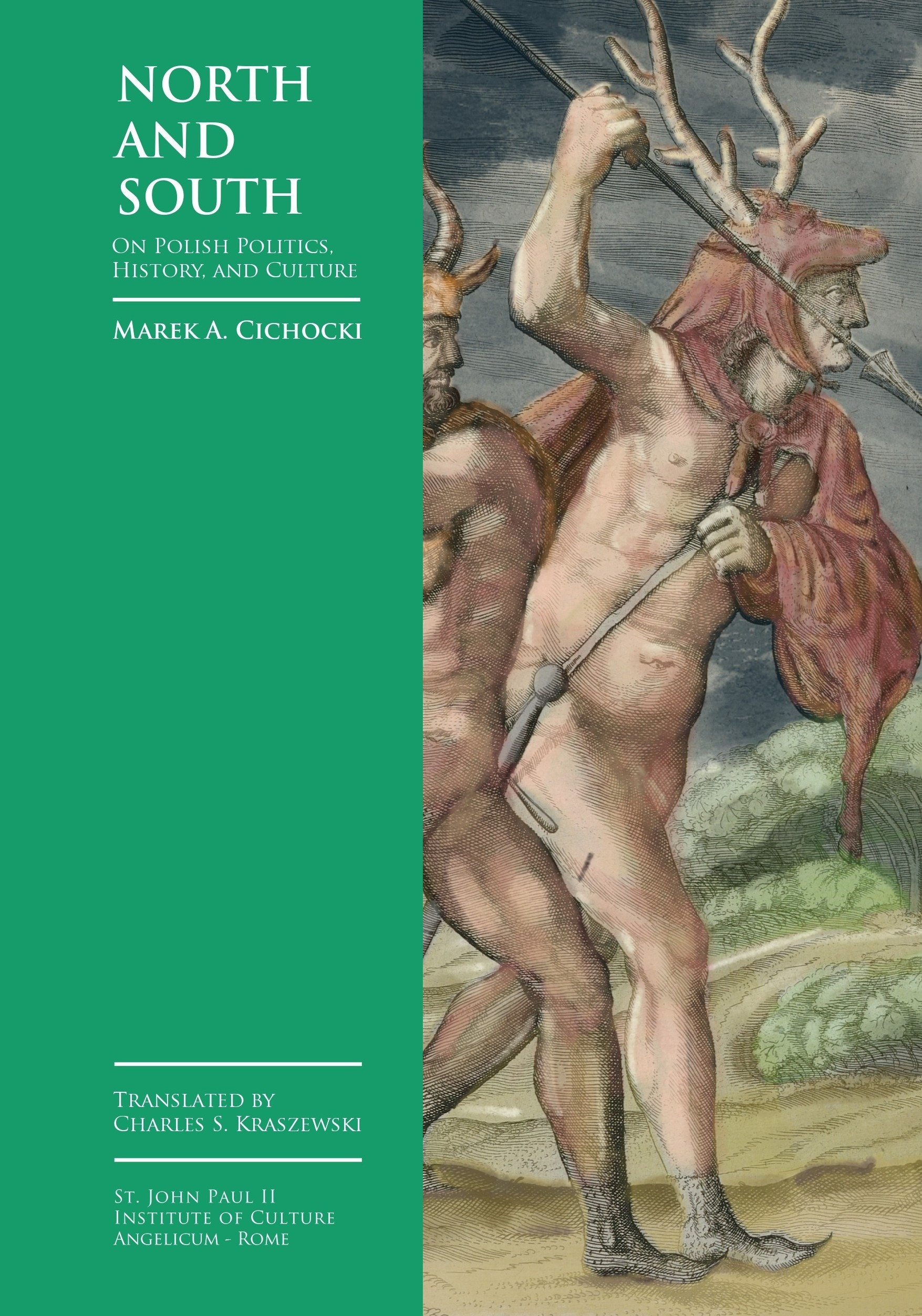Apel Władimira Bukowskiego o sąd nad komunizmem

Niedawno zmarły rosyjski dysydent Władimir Bukowski do końca życia niestrudzenie dążył do rozliczenia zbrodni komunistycznych. Wraz z Renato Cristinem, profesorem Uniwersytetu w Trieście, zaapelował o powołanie trybunału, którego zadaniem miałoby być osądzenie zbrodniarzy komunistycznych. Pod apelem, który okazał się swoistym testamentem Bukowskiego, podpisało się już wielu europejskich i światowych intelektualistów. Inicjatywę wsparła również Platforma Europejskiej Pamięci i Sumienia.
Autorzy apelu postulują powołanie instytucji na wzór Międzynarodowego Trybunału w Norymberdze, który doprowadziłby do osądzenia zbrodni dokonanych przez reżimy komunistyczne i ukarania ich sprawców. Jak piszą, proces zmierzający do wymierzenia sprawiedliwości jest „obowiązkiem wobec człowieczeństwa, który nakłada na nas sumienie (…) w imieniu ofiar ludobójstwa, całej ludzkości, a także przyszłych pokoleń”.
Inicjatorami dokumentu są Władimir Bukowski, dysydent i obrońca praw człowieka w ZSRR, wielokrotnie represjonowany i więziony przez sowieckie władze, który do końca swego życia walczył o sprawiedliwość dla ofiar reżimów komunistycznych na całym świecie oraz Renato Cristin, profesor hermeneutyki filozoficznej na Uniwersytecie w Trieście, kierujący również Instytutem Kultury Włoskiej w Berlinie oraz liberalno-konserwatywnym think-thankiem „Fondazione Liberal”.
Proces zmierzający do wymierzenia sprawiedliwości jest obowiązkiem wobec człowieczeństwa, który nakłada na nas sumienie w imieniu ofiar ludobójstwa, całej ludzkości, a także przyszłych pokoleń
Przypadająca w tym miesiącu 30. rocznica upadku Muru Berlińskiego to, zdaniem Bukowskiego i Cristina, stosowna okazja do rozpoczęcia tej inicjatywy, wobec czego wezwali intelektualistów i działaczy politycznych z całego świata do zaangażowania się w jej rozpowszechnianie. Swojego poparcia udzieliła już Platforma Europejskiej Pamięci i Sumienia, która w 2015 roku zapoczątkowała projekt Justice 2.0, również zmierzający do dokumentowania i osądzenia zbrodni komunistycznych reżimów. Platforma Europejskiej Pamięci i Sumienia, skupiająca 62 instytucje w Europie, Stanach Zjednoczonych i Kanadzie, pracuje na rzecz demokracji, praw człowieka i prawdy historycznej – protestowała m.in. przeciwko fałszującej historię narracji Domu Historii Europejskiej.
– Od wielu lat narasta poczucie, że istnieje olbrzymia rozbieżność pomiędzy tym, jak traktowano zbrodnie nazistowskie i zbrodnie komunistyczne. I nie ma na to wpływu fakt, że w wielu krajach, tak jak chociażby w Polsce, wciąż mają miejsce procesy poszczególnych funkcjonariuszy komunistycznych, zwykle niższego szczebla, odpowiedzialnych za zbrodnie. Brakuje generalnego spojrzenia na komunizm i jego oceny: zarówno w wymiarze formalnoprawnym, jak i moralnym oraz politycznym – powiedział Teologii Politycznej Łukasz Kamiński, prezes Platformy Europejskiej Pamięci i Sumienia.
Pod wezwaniem podpisali się już m.in. Dariusz Karłowicz, Dariusz Gawin, Łukasz Kamiński, Robert Kostro, Paweł Ukielski, Ryszard Legutko, Jacek Saryusz-Wolski, a także Stéphane Courtois, Chantal Delsol, Jewgienij Kissin, Daniel Pipes i były przewodniczący Parlamentu Europejskiego Antonio Tajani.
Poniżej pełna treść dokumentu:
Appeal for Nuremberg Trials for Communism
The thirtieth anniversary of the fall of the Berlin Wall is the occasion to offer a contribution not only to historic memory, but also the concrete development of an anti-totalitarian culture, broad in scope and looking toward the future, with the goal of achieving a trial with the same sense and value as Nuremberg Trials for communism.
The Nuremberg Trials of 1945-46 tried and sentenced the criminals of National Socialism and their leaders, resulting in a final judicial, moral, and political judgment on that totalitarianism.
Today, after the catastrophic experiences of so-called "real socialism", but also of all the dictatorships which in various forms harked back, and do so even today, to communist ideology, historic events require a similarly final judgment, not only historic but also political and moral, on the theoretical and practical results of this ideology, its crimes, its sins against humanity.
Communism did not fall with the wall. Anyone can see that this ideology is still active in the world, in the form of state and party, political and cultural.
It is therefore necessary to create Nuremberg Trials for Communism, a global trial which scrutinizes the substantive crimes of this ideology, establishes political and institutional responsibility for them, penalizes its moral degeneration, and reveals not only its incompatibility with free societies, but also its intrinsic inhumanity.
We are aware of the practical difficulties and the legal limits of this initiative, yet we believe that these limits cannot block the creation of a historic and political, ethical, and cultural trial, which historical conscience itself imposes upon us as a duty to humanity.
The various communist or socialist dictatorships from 1917 up to today have caused more than 100 million deaths around the world. In fact, in addition to the suppression of individual liberties and the spread of class hatred, the crimes of communism are characterized by genocide and mass killings. Since genocides and massacres are universally recognized as crimes against humanity, and in the name of that exterminated humanity and of humanity in general, and of future generations, Nuremberg Trials for Communism must be instituted.
Our objective is an international trial, supported by governments and institutions, anti-Communist political parties and their parliamentary groups of all free nations, scholars, and specialists. The trial will be the joint effort of the organizations that protect the memory of those crimes and monitor current crimes, anti-Communist media, and all authentically liberal and conservative media, intellectuals, and all who wish to defend the free world.
And the 30th anniversary of the fall of the Berlin wall is precisely the symbolic occasion to begin this initiative for freedom, justice, and humanity.
Vladimir Bukovsky (Soviet dissident and author of Judgment in Moscow, UK)
Renato Cristin (University of Trieste, Italy)
Elizabeth Childs (President of the Ninth of November Press, USA)
Francisco José Contreras (University of Sevilla, Spain)
Daniel Pipes (president of the Middle East Forum, USA)
Evgeny Kissin (pianist, Russia-Britain-Israel)
Stéphane Courtois (director of research at the French National Centre for Scientific Research)
Vanessa Vallejo (director of PanAm Post, Colombia)
Alberto Benegas Lynch (president of the Economics Section, National Academy of Sciences, Argentina)
Arkady Polishchuk (journalist and Soviet dissident, USA)
Mario Andretti (former Formula One racing driver, USA)
Bertil Haggman (Center for Research on Geopolitics, Sweden)
Ryszard Legutko (member of the European Parliament, Poland)
Dariusz Gawin (Museum of Warsaw Uprising)
Dariusz Karłowicz (editor-in-chief of Teologia Polityczna)
Mart Laar (former Prime Minister and Chairman of the supervisory Board of the Bank of Estonia)
Marco Marsilio (president of the Region Abruzzo, Italy)
Zoé Valdés (writer, Cuba-Spain)
Carlos Rodríguez Braun (Complutense University of Madrid, Spain)
Pedro Schwartz (University Camilo José Cela, Spain, and University of Buckingham, UK)
Dario Fertilio (president of Comitatus pro Libertatibus, Italy)
Janet Lynn (Five-time U.S. Ladies Figure Skating Champion, Olympic bronze medalist, USA)
Daniel Lacalle (economist, London)
Pedro Carmona Estanga (economist, former president of Venezuela)
David Satter (writer, USA)
Serge Assier (artistic photographer, France)
Richard Millet (writer, France)
Vladimir Kara-Murza (Chairman, Boris Nemtsov Foundation for Freedom, Russia)
Luis Pío Moa Rodríguez (historian and writer, Spain)
Jesús Huerta de Soto (University Carlos III, Madrid, Spain)
Stefano Zecchi (University of Milan, Italy)
Alexandre Del Valle (essayst and professor of geopolitics, France)
Jörg Baberowski (Humboldt University of Berlin, Germany)
Arturo Diaconale (director of the newspaper L'opinione, Italy)
María Schmidt (director of the House of Terror, Hungary)
Ricardo Puentes Melo (director of Periodistas sin Fronteras, Colombia)
Antonio Ramos Zúñiga (historian and writer, USA-Cuba)
Gabriel Zanotti (Austral University of Buenos Aires, Argentina)
Antonio Donno (University of Salento, Lecce, Italy)
Pamela Geller (editor-in-chief, The Geller Report, USA)
Nicola Procaccini (member of the European Parliament, Italy)
Chantal Delsol (Institut de France, Académie des Sciences Morales et Politiques, France)
Giuliana Iurlano (University of Salento, Lecce, Italy)
Erich Weede (University of Bonn, Germany)
Roberto de Mattei (former vice-president of the National Research Council and President of Fondazione Lepanto, Italy)
Andrius Kubilius (former prime-minister of Lithuania, member of the European Parliament)
Hermann Tertsch (member of the European Parliament, Spain)
José Miguel Serrano Ruiz-Calderón (Universidad Complutense of Madrid, Spain)
Antonio Martino (economist, former Minister of Foreign Affairs and of Defense, Italy)
Stanley G. Payne (University of Wisconsin–Madison, USA)
Edgardo Zablotsky (Rector, University of CEMA, Buenos Aires, Argentina)
Rasa Juknevičienė (former Minister of Defense of Lithuania, member of the European Parliament)
Vera Lengsfeld (DDR-dissident, former member of the German Parliament, writer, Germany)
Jamie Glazov, (editor of Front Page magazine, USA)
Guélia Pevzner (journalist, France)
Emil Draitser (Hunter College, New York City, USA)
Richard Salomon (Retired U.S. Federal Law Enforcement Officer; National Security Consultant, USA)
Anne W. Carroll (Executive Director, Seton School, USA)
Theresa Hubbard (U.S. Military Officer (retired) and Political Activist, USA
Thor Halvorssen (president, Human Rights Foundation, USA)
John Christmas (whistleblower against Parex Bank of Latvia, Latvia)
Maximilian Wolf Valerio (poet and writer, USA)
Marion Smith (executive director, Victims of Communism Memorial Foundation, USA)
Pavel Stroilov (lawyer and author, United Kingdom)
Javier Barraycoa Martínez (Vice-Rector University Abad Oliba, Barcelona, Spain)
Rubén Manso Olivar (University of Alcalá de Henares, Spain)
Jacek Saryusz-Wolski (member of the European Parliament, Poland)
Stephen Hicks (Rockford University, Ill., USA)
Erhard Busek (former vice-chancellor of the Austrian Republic, Austria)
Marcello Pera (former president of the Senate of the Italian Republic, Italy)
Antonio Tajani (former president and currently member of the European Parliament, Italy)
Carlos del Campo García Huidobro (Chilean Society for Defense of Tradiction, Family and Property, Chile)
Justinas Žilinskas (Mikolas Romeris University of Vilnius, Lithuania)
Ferdinando Adornato (President of the Fondazione Liberal, Italy)
Gia Jandieri (Vice-President and Founder of New Economic School, Georgia)
Fausto Carioti (vice-director of the newspaper Libero, Italy)
Vittorio Macioce (editor of the newspaper Il Giornale, Italy)
Andrea Mancia (vice-director of the newspaper L’opinione, Italy)
Jean Sévillia (journalist and historian, France)
Alejandra M. Salinas (Catlholic University of Argentina)
Martin Dewhirst (University of Glasgow, Scotland, UK)
Pierre-André Taguieff (historian of ideas, director of research at the CNRS, France)
Cliff Kincaid (journalist, USA)
Ana Blandiana (writer, president of the Memorial of the Victims of Communism from Sighet, Romania)
Michael Ledeen (Freedom Scholar at the Foundation for the Defense of Democracies, USA)
Eunie Smith (President Eagle Forum, USA)
Richard Perle (former Undersecretary of Defense, USA)
Benjamin Harnwell (director of the Dignitatis Humanae Institute, Italy)
Edward N. Luttwak (author, USA)
Peter Hoeres (Julius-Maximilians University, Würzburg, Germany)
Bertrand de Orleans e Bragança (Imperial Prince of Brazil)
Arnaud Imatz (historian and essayst, France)
María Schmidt (director of the Institute of the Twentieth Century, director of the House of Terror, Hungary)
Paweł Ukielski (former deputy president of the Institute of National Remembrance in Poland, current deputy director of the Warsaw Rising Museum)
Andreja Valič Zver (member of the Executive Board of the Platform of European Memory and Conscience, Slovenia)
Marion Smith (executive director, Victims of Communism Memorial Foundation, USA)
Ana Blandiana (writer, president of the Memorial of the Victims of Communism from Sighet, Romania)
Ronaldas Račinskas (executive director, Secretariat of the International Commission for the Evaluation of the Crimes of the Nazi and Soviet Occupation regimes in Lithuania)
Prof. Antoine Arjakovsky (historian, Research director, Collège des Bernardins, Paris, France), Wolfgang-Christian Fuchs (president, Inter-Asso, Germany)
Jonila Godole (executive director, Institute for Democracy, Media & Culture, Albania)
Robert Kostro (director, Polish History Museum, Poland)
Gjon Radovani (chairman of the Board, MEMO Center, Albania)
Florian Razvan-Mihalcea (president, Timisoara Society, Romania)
Milos Suchma (president, Czech and Slovak Association of Canada)
Marek Mutor (director, History Centre Zajezdnia, Poland)
Dr Jarosław Szarek (President of the Institute of National Remembrance, Poland)
Johann Grünbauer (chairman, Foundation History of Totalitarian Regimes and their Victims, Netherlands)

Ty też możesz wydawać z nami KSIĄŻKI, produkować PODCASTY, organizować wystawy oraz WYDAWAĆ „Teologię Polityczną Co Tydzień”, jedyny tygodnik filozoficzny w Polsce. Twoje darowizny zamienią się w kolejne artykuły takie jak ten, który właśnie czytałeś i pomogą nam kontynuować i rozwijać nasze projekty oraz tworzyć kolejne. Środowisko Teologii Politycznej działa dzięki darowiznom prywatnych mecenasów kultury – tych okazjonalnych oraz regularnych. Dołącz do nich już dziś i WSPIERAJ TEOLOGIĘ POLITYCZNĄ!
![Testament Bukowskiego. Norymberga dla komunizmu [TPCT 189]](/assets/cms/ContentImage/2019/_resampled/ScaleWidthWyI0MDAiXQ/Norymberga.jpg)








